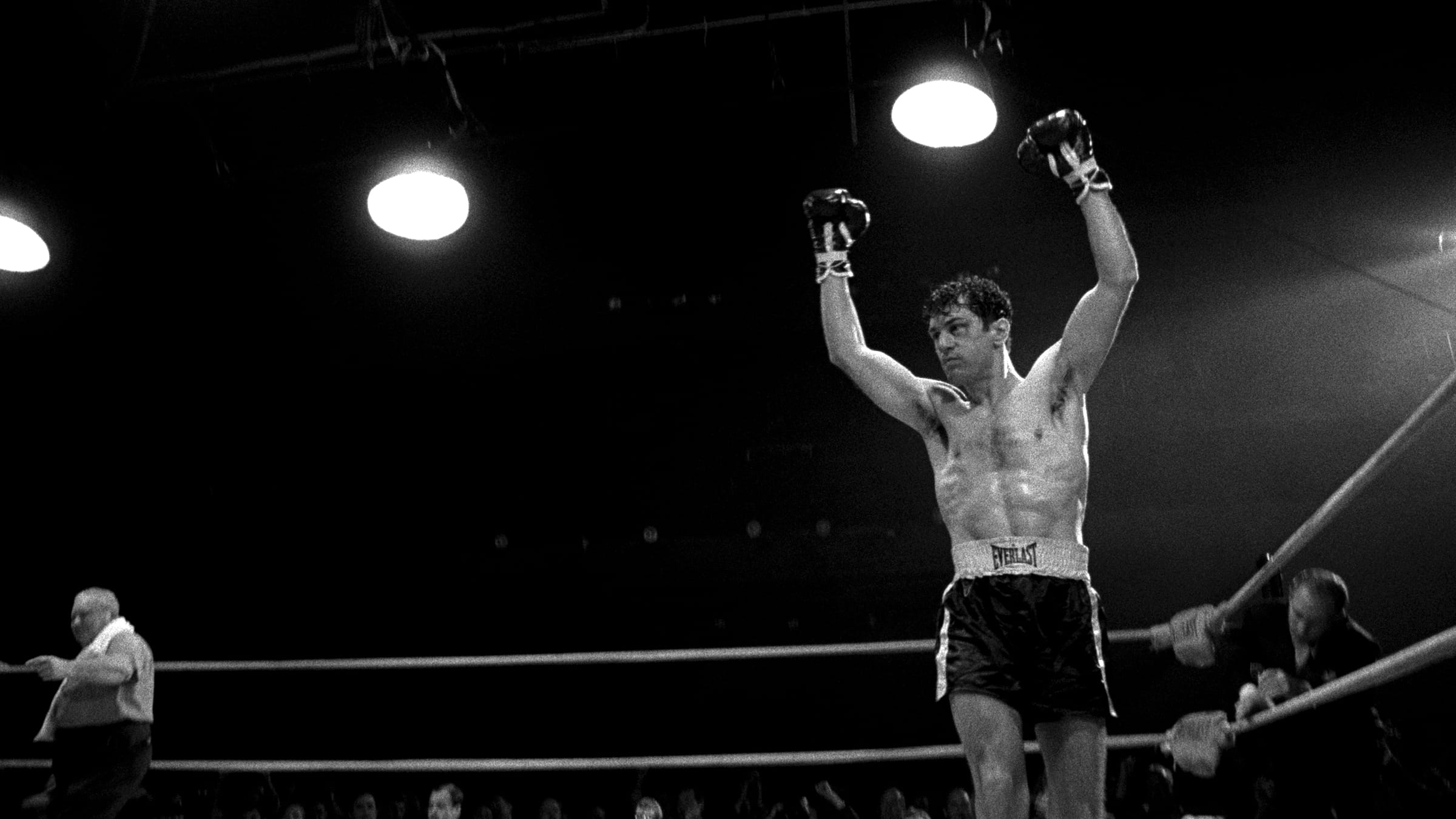-
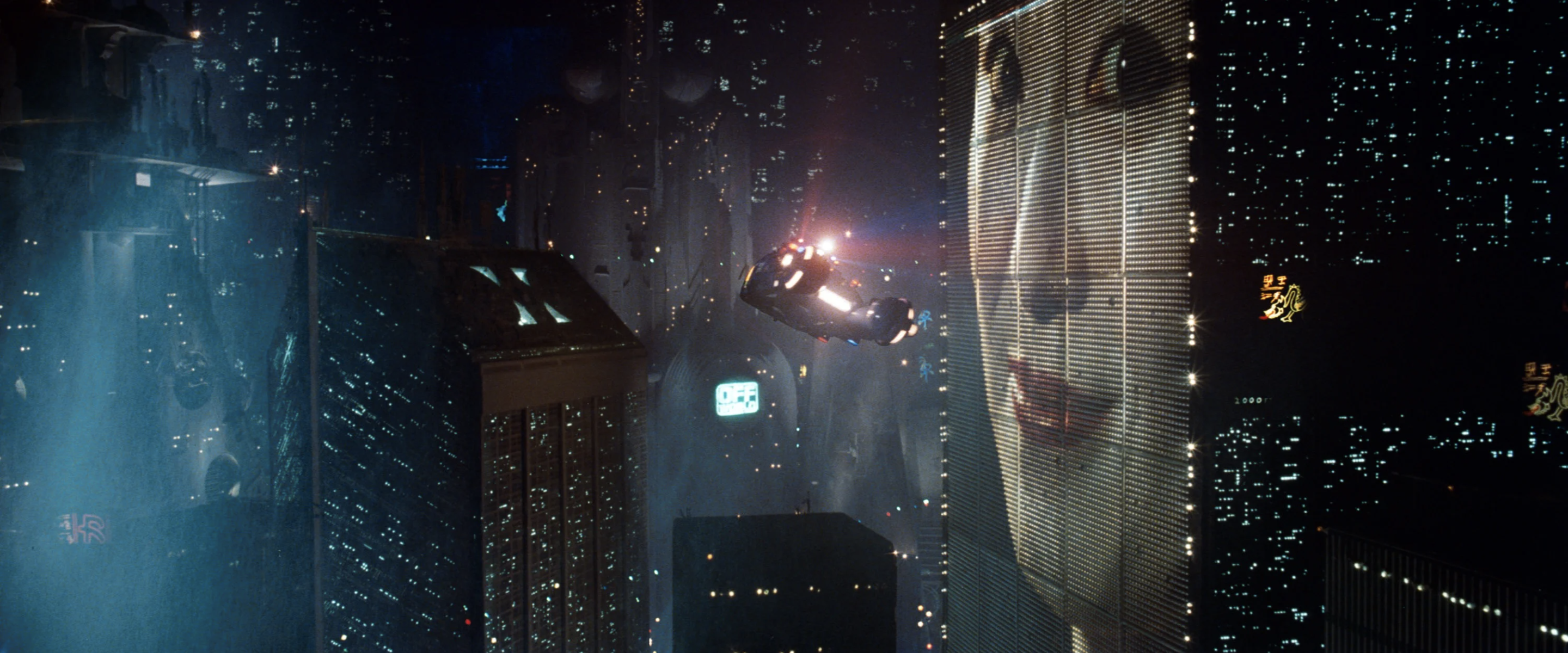
The Best Films of the 1980s Decade
The greatest films of the 1980s, from the end of New Hollywood to the rise of the modern blockbuster.
-
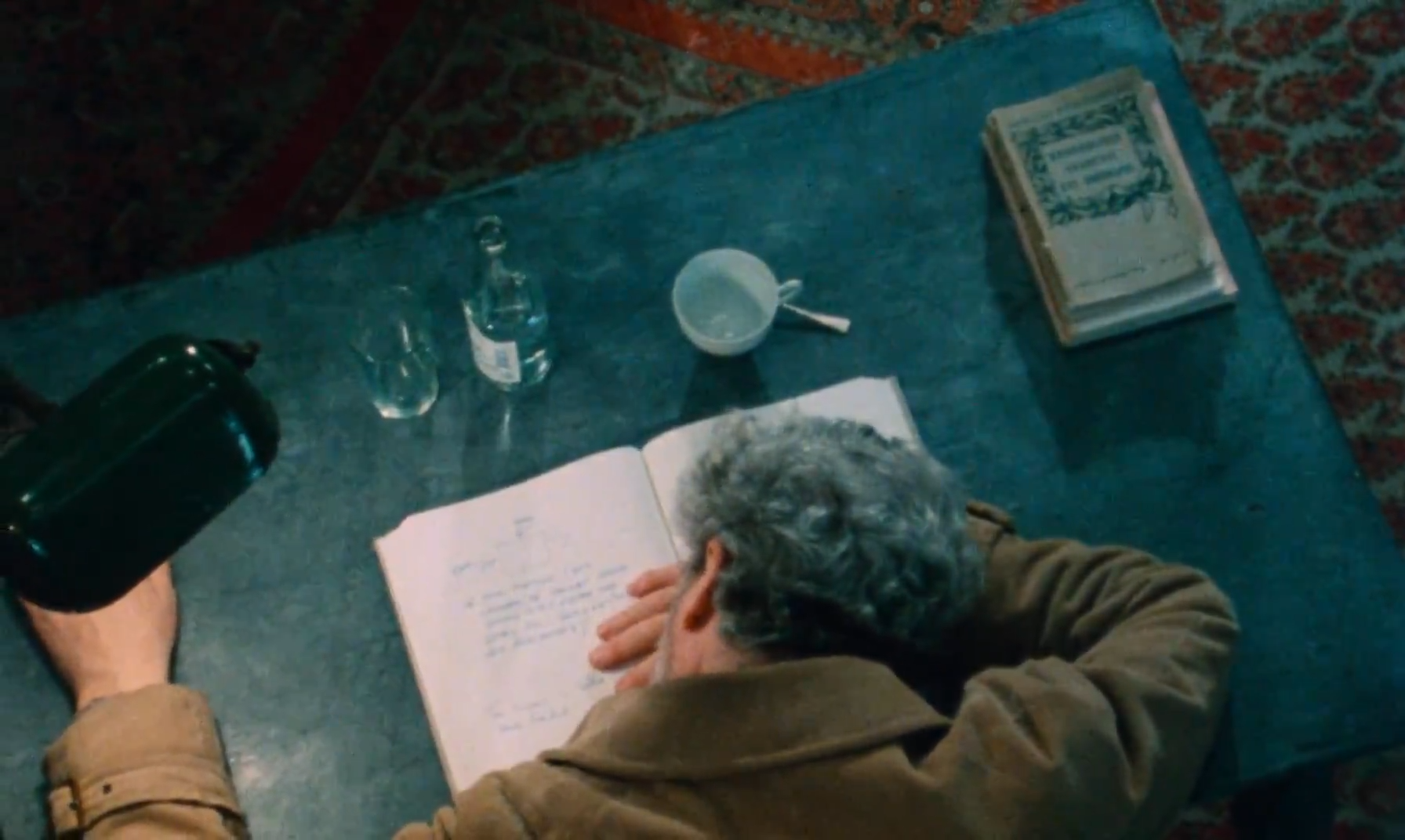
After the Rehearsal (1984)
The stage is a place of deep meditation for theatre director Henrik in After the Rehearsal, letting memories of past and future relationships manifest with a subtle, time-shifting surrealism, and seeing Ingmar Bergman’s nostalgic humility take eloquent form as he looks back on his career.
-

Fanny and Alexander (1982)
The vivid imagination of Ingmar Bergman’s young protagonist in Fanny and Alexander is as enchanting as it is frighteningly dangerous, expressing itself through vibrantly festive mise-en-scène and impressionistic supernatural visions, and forming the basis of a deeply sentimental rumination on childhood wonder, trauma, and grief.
-
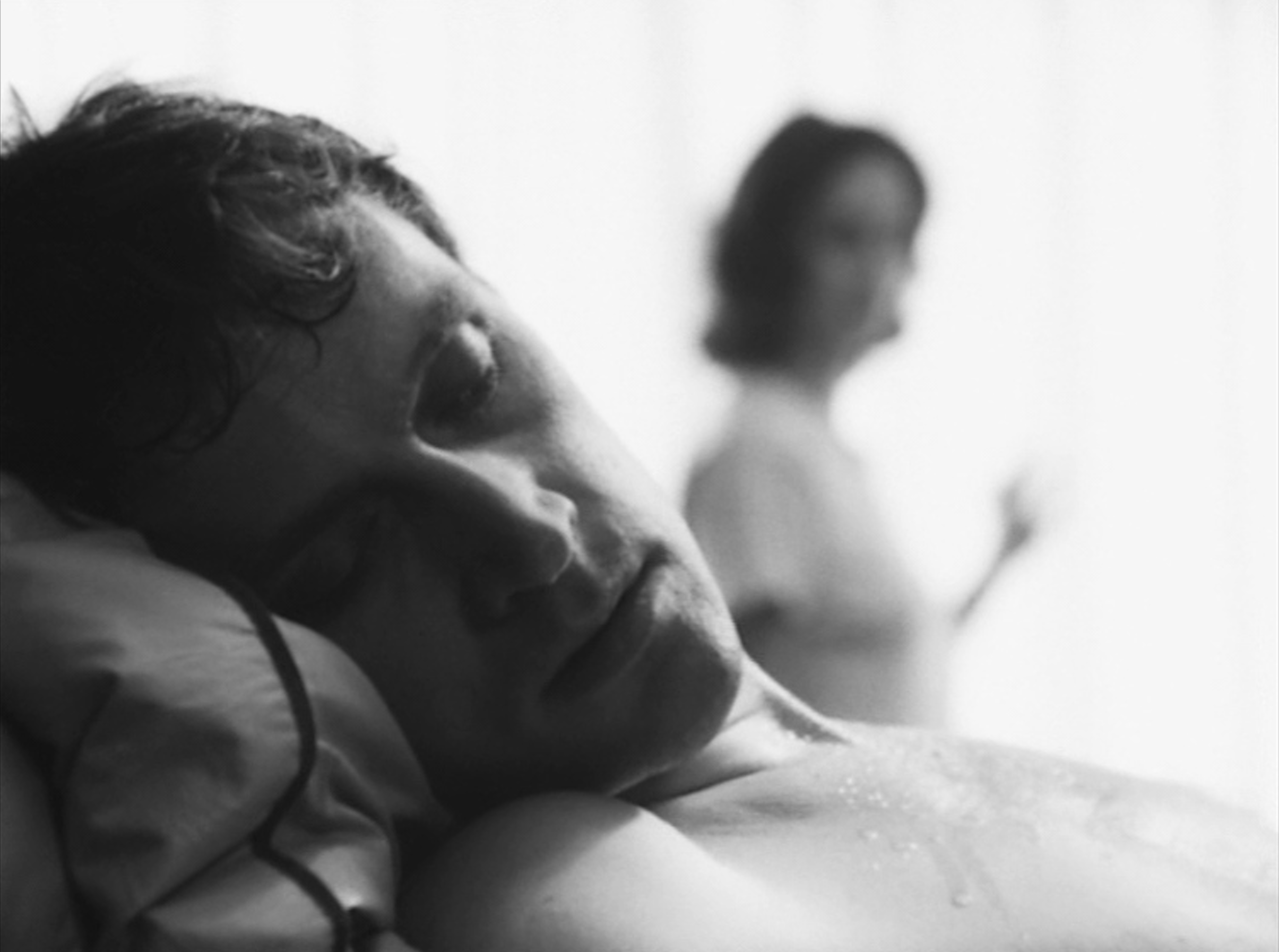
From the Life of the Marionettes (1980)
Ingmar Bergman has long considered the fragile minds that lurk beneath mild personas, but From the Life of the Marionettes is easily his most violent rupturing of that veil, seeking whatever psychological reason lies at the source of one murderous outburst by piecing together fragments of the preceding and subsequent months.
-
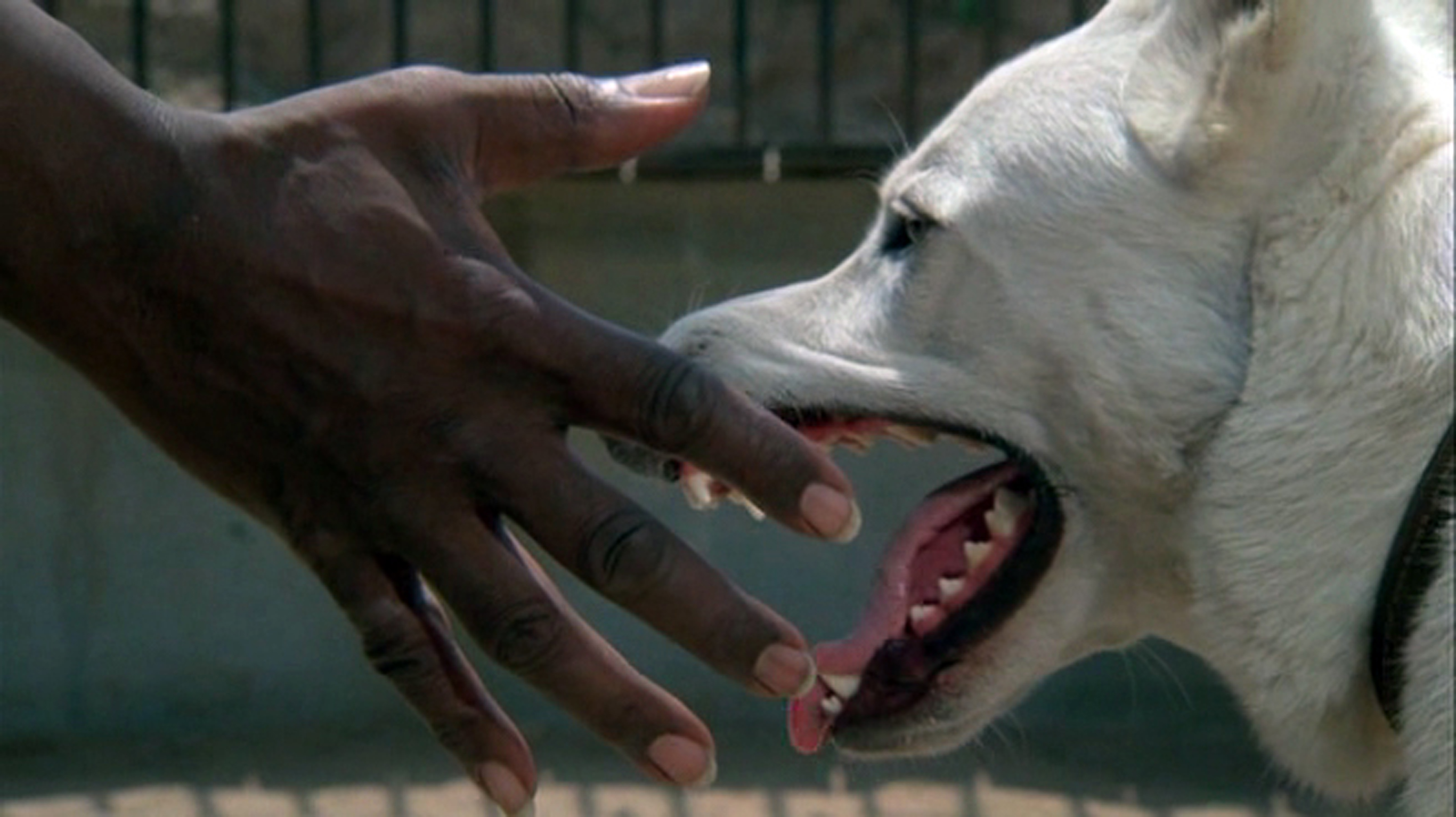
White Dog (1982)
That Samuel Fuller deftly imbues White Dog’s allegory for racist indoctrination with all the tension of a pulpy horror film makes for an extraordinarily creative triumph, framing the titular animal as a two-sided monster as sweetly innocent as it is violently prejudiced, and thoughtfully questioning whether such deep-rooted conditioning can ever be separated from its…
-
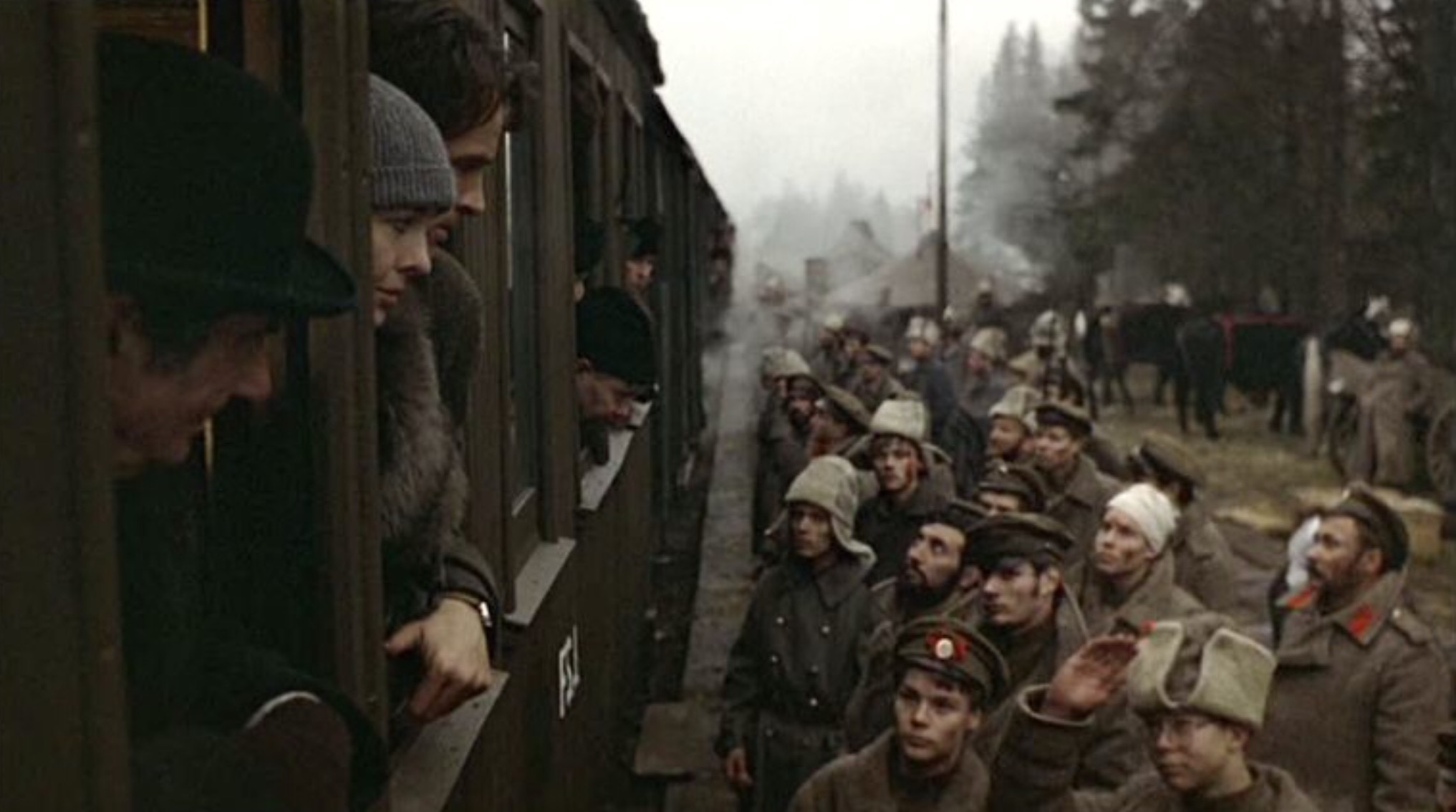
Reds (1981)
As Warren Beatty plays out an epic recount of 1910s American communism’s rise and fall, he also finds its living embodiment in bright-eyed journalist John Reed, passionately promising a hopeful future of equality doomed to live on only in the wistful memories of Reds’ aged interview subjects and their wistful firsthand accounts.
-
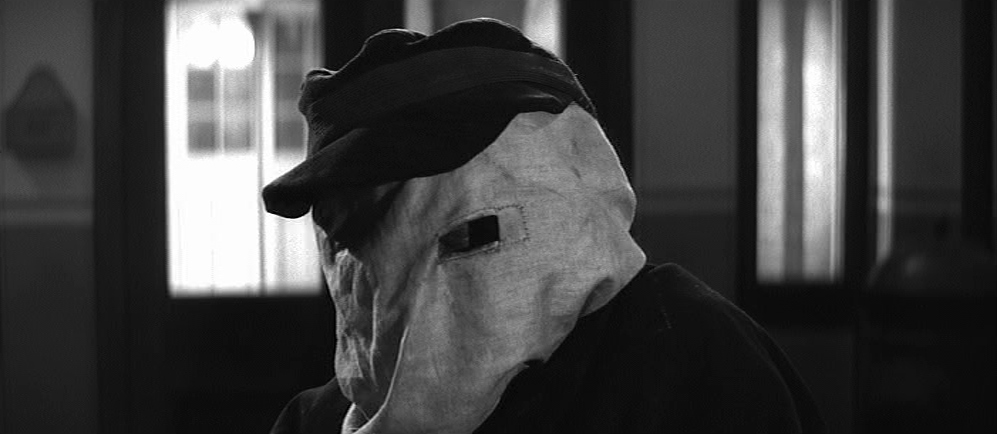
The Elephant Man (1980)
At first glance, The Elephant Man does not hold to David Lynch’s usual trademark of dreamlike narrative structures, and yet a dark thread of surrealism nevertheless emerges in this gorgeously photographed biopic of the severely deformed John Merrick, locating the true key to his dignified self-acceptance through the hypnotic landscape of his own mind.

